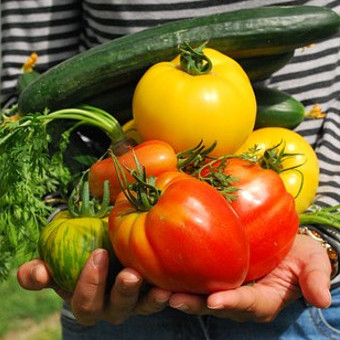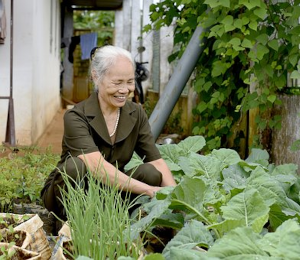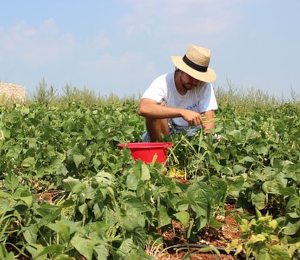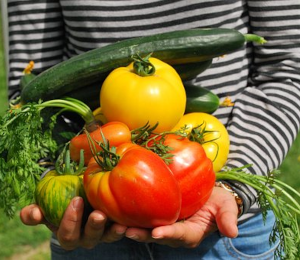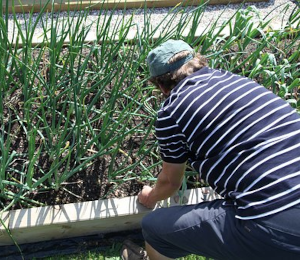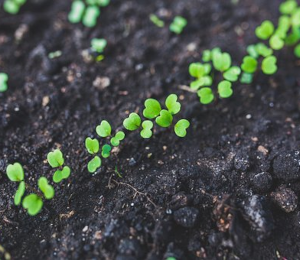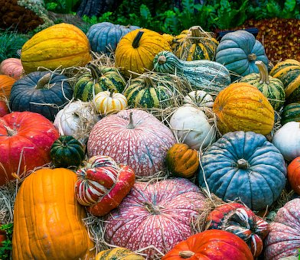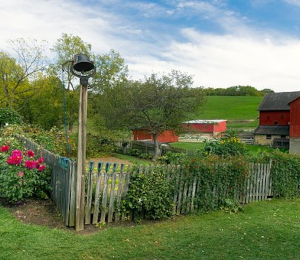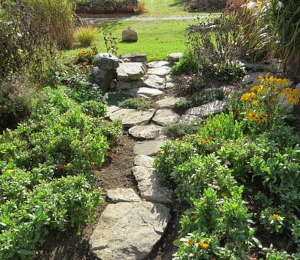What kinds of fertilizers are best
 The minerals plants use are the same whether from compost, manure, or fertilizer from a bag.
The minerals plants use are the same whether from compost, manure, or fertilizer from a bag.- Plants need a proper balance of all nutrients. Remove guesswork from your feeding by using just what is needed.
- Twelve of the thirteen minerals occur naturally in the soil and are mined and then packaged and sold commercially.
- The mining process removes impurities and heavy metals, and concentrates the minerals so that we always know what we are buying.
- Mixing minerals according to the needs of vegetable plants, and then applying small amounts to the soil, assures that none is wasted.
- Wherever mineral nutrients are available their use is recommended – always in moderation – according to plant needs.
- Calcium, from lime or gypsum, is as important for plants as it is for humans, but it’s often neglected in the family garden.
- Before planting, mix 1 ounce of “pre-plant” per foot into your soil-bed, consisting of 80 parts lime, 4 parts magnesium (Epsom Salt), and one part boron (20 Mule Team Borax). Use gypsum instead of lime if you receive less than 20″ of annual rainfall.
- Small amounts of the other minerals are also applied before planting, and weekly after plants emerge. A simple temporary “growing mix” includes 6 # of 16-16-16 (NPK), 1# Epsom Salt, and 1 teaspoon 20 Mule Team Borax. Each application is ½ ounce per foot. Pre-mixed micro-nutrients can be added to make a balanced fertilizer mix (link 8).
- If packaged minerals are not available, compost and manure can be used (Link 9). Avoid un-sterilized material (Link 10), as it may introduce weed seeds, bugs, and disease into your garden. Apply ½” before planting, and ¼” bi-weekly after plants emerge, mixed into the soil surface.
 |
Soil Tests Needed For The Family Garden? “Soil tests are important for commercial growers, but it is neither practical nor necessary for the small family garden.” “Natural mineral nutrients in a balanced formula, applied in small amounts over the growing season, are the best solution for the family garden.” BYU Soil Lab |
 |

